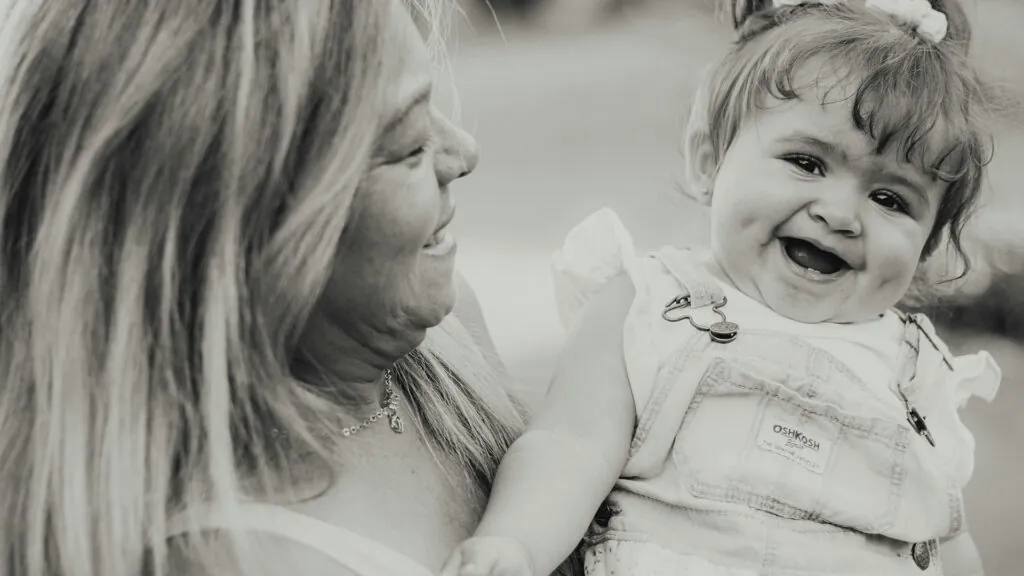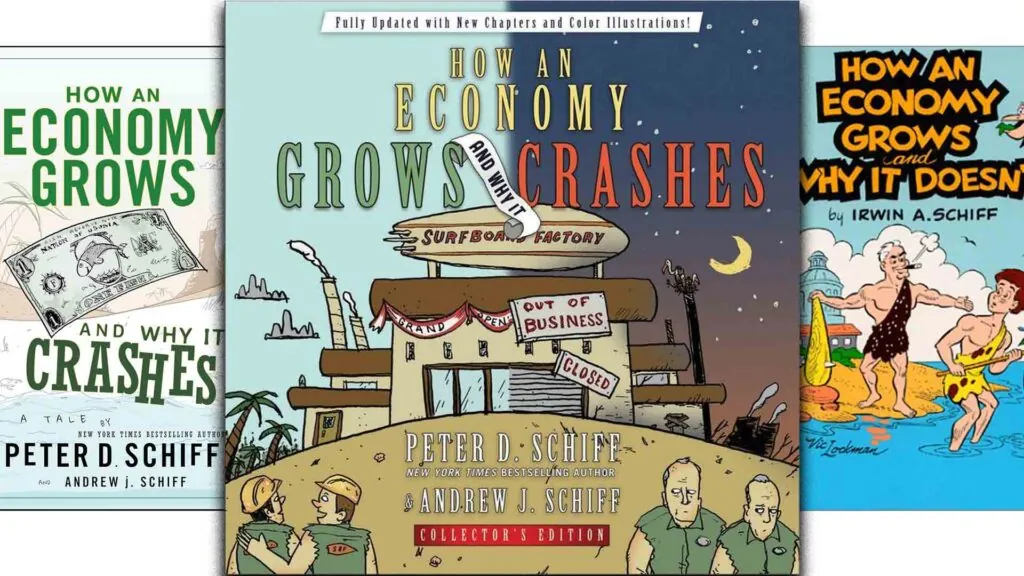
Christian education
Teaching English from a Christian perspective, as brought to you by the Letter C
As Christians, we are rightly thankful for what has been brought to us by the letters A, B, and C, and the letters D through Z, through which we may read the word of God.
Our culture, too, so highly values the ability to read and write that it supports the public school teaching of those skills, as well as the related skills of listening, speaking, viewing (the "reading" of visual images), and representing (communicating through visual images). But Christians have even stronger reasons for valuing language and communication, since we know a personal God, who communicates his love and glory to us. So how does a Reformed teacher live out his faith, and enable his students to live out their faith, in the Language Arts classroom?
Well, unsurprisingly, given the title, there are (at least) six different things that make the Reformed language arts classroom distinct, all beginning with the letter C.
Christ-Centered
First of all, Reformed language arts teaching must be truly Christian, or to put it even more strongly, Christ-centered. Obviously this is true of all Reformed education, but what does it actually mean in the Language Arts classroom? For one thing it means Christ's birth, death, resurrection, ascension, and rule should be at the center of our discussions of literature and life.
In Schindler's List, for example, Oskar Schindler is frequently spoken of as a kind of savior, since his factories kept many Jews out of the concentration camps. A Christian discussion of the film (or of the novel upon which it is based) will ask how Schindler fails as a "savior," and deal with whether Schindler himself recognized, directly or indirectly, his own need for the Savior.
Other kinds of literature either exclude the possibility of salvation, or the need for it (since man is "naturally" good), or show it less directly as being accomplished by some character's heroic acts (or his or her "decision" for Christ). A Reformed teacher will discuss with his students how to react to the false gospels of our culture, and will demonstrate how even these false gospels show the need for the true Savior.
Finally, Reformed Language Arts teachers will show and kindle passionate love for literature that fully acknowledges our need for salvation through God's grace alone, and demonstrates that Christ is both Savior and Lord.
Covenantal
Reformed Language Arts instruction is also covenantal.
How?
I am not referring simply to the fact a Reformed teacher teaches covenant children (although this is true). My point is that our communication must be a response of thankfulness (our obligation) to His love (according to His promise). This doesn't mean that we can't write for personal reflection or entertainment. It does mean, however, that our more personal writing will reflect on more than just whether we are meeting our own "personal goals" – something that government curricula take for granted as a primary focus of personal reflection. Rather, students should learn to make explicit their understanding of their relationships with God – to "meditate on your precepts and consider your ways" (Psalm 119:15) – and with others through Him.
As far as our communication with others is concerned, our basic goal should be "speaking the truth in love" (Ephesians 4:15) and communicating "what is helpful for building others up according to their needs, that it may benefit those who listen" (Ephesians 4:29). For instance, the novels Peace Shall Destroy Many and The Chosen both deal with isolated religious communities' attempt to deal with the increasing secularism of the society in which they exist. Their response is to withdraw from that culture – an idea that is clearly less than fully faithful. A Reformed language arts teacher will encourage class discussion, journal writing, presentations, and essays about how and whether we fall prey to the temptation to withdraw, and what we might do about that situation of failing to be light and salt in the world.
Cultural
Education in a Reformed language arts classroom is also cultural. I have already mentioned that as Jesus commands in Matthew 5: 13 - 16, we are to be involved in the world around us. To do that, we need to know the culture in which we live – its idols, and how we may well be rather impressed by those idols ourselves. To gain that knowledge, we study literature - both contemporary literature for a glimpse of our own culture, and the "classics" for a glimpse of the roots of current ideas and attitudes.
One other reason to study the classics has been given by C. S. Lewis, who recommended that we read at least two old books for every current one we read. Why? Because like a fish in an aquarium, we are living in our culture, so we may not even see its errors clearly. Lewis said that reading the books of the past is like putting on a new pair of glasses, because while old writers also made errors, they were different errors – ones that we have often learned to see through. At the same time, the old writers saw things about purity, love, and godliness that our own culture may have blinded us to.
Counter-Cultural
Although Reformed language arts education is cultural, it is also counter-cultural. For example, I use Frank Peretti's Prophet in my Grade Eleven media studies unit on journalism and news coverage. The novel rewards study in two ways. First, it sheds an interesting light on the way the news can be packaged to promote various agendas. Secondly, the novel has its own weaknesses, coming from a somewhat Pentecostal, and arguably Arminian, point of view, which can promote discussions about exactly how the Spirit does do His work among His people, and how God exercises His sovereignty in man's salvation. After we analyze both of these issues from a Biblical perspective, I challenge students to respond concretely to the errors of our culture by writing a letter to the editor and/or a critical or persuasive essay.
Creativity
The challenge of responding concretely, to both Christ and culture, brings us to the fifth element of Reformed language arts education: creativity. Though we must test (and challenge) the spirits of our age, we cannot stop with a purely negative and critical approach. We must also be positive, using our talents in communication to glorify God and build up the neighbor. This is why the students in each grade of my English classes must submit a piece of work to be published, or at least considered for publication, by someone outside the school. There are plenty of places to seek publication: the annual Remembrance Day Contest and various poetry contests, magazines like Reader's Digest and Reformed Perspective, and books like Chicken Soup for the Soul. Whether or not a student gets published, he or she must write a process paper dealing with the issues faced in crafting his or her work.
Cooperation
The aspect of Reformed language arts education that I find hardest to carry out is its communal/cooperative nature. When a baby is baptized, God’s covenant promises to him or her are witnessed by the whole congregation, the body of Christ. Two chapters in the Bible deal extensively with how the members of the body are necessary for each other's welfare: Romans 12 and 1 Corinthians 12. Covenant youth should be trained to seek the good of the whole congregation, to work together, to build each other up. Unfortunately, the students' all-too-human nature often makes this difficult, since group projects – setting up an assembly together, putting on a drama skit, or presenting a dramatic reading of a poem – often mean that some try to ride on the coat-tails of others. This can be avoided by giving each group member a distinct role and responsibility (as in the body of Christ), by cementing the cohesion of the groups with various team-building activities, by assigning groups smaller tasks with more supervision at first, and by assigning "group" work outside the school walls. For example, students can be assigned to write up the memories of older members of the congregation, for an anthology of anecdotes about various moments in history, thus requiring them to work with people they might rarely, if ever, talk to otherwise.
The most challenging part of bringing out the communal aspect of communication, however, lies in encouraging more gifted students to support their fellow learners without short-circuiting their learning. The best way to meet this challenge is to ensure that the tasks a teacher gives his or her students are meaningful and thoughtful enough to require everyone's participation. However, equally important is the kind of examples students have seen of Christian cooperation within their school, churches, and families. How well do we, as adults, model a patient attitude toward those weaker than ourselves - neither ignoring them, as our competitive and individualistic society tempts us to do, nor taking their independence from them?
Conclusion
As you can see, Reformed language arts education is a colossal challenge, requiring caring, commitment, compassion, and consistency. A Reformed teacher must not only teach effectively, but also model the values he or she teaches. This can only be done, with many shortcomings (with which I am all too familiar), through the work of the Spirit, by the Word and prayer, and within the communion of the saints. I would love to hear from any of my fellow saints out there whether these thoughts have struck a chord. (There, I ended with a c-word.)
This article was first published in December 2014.






























